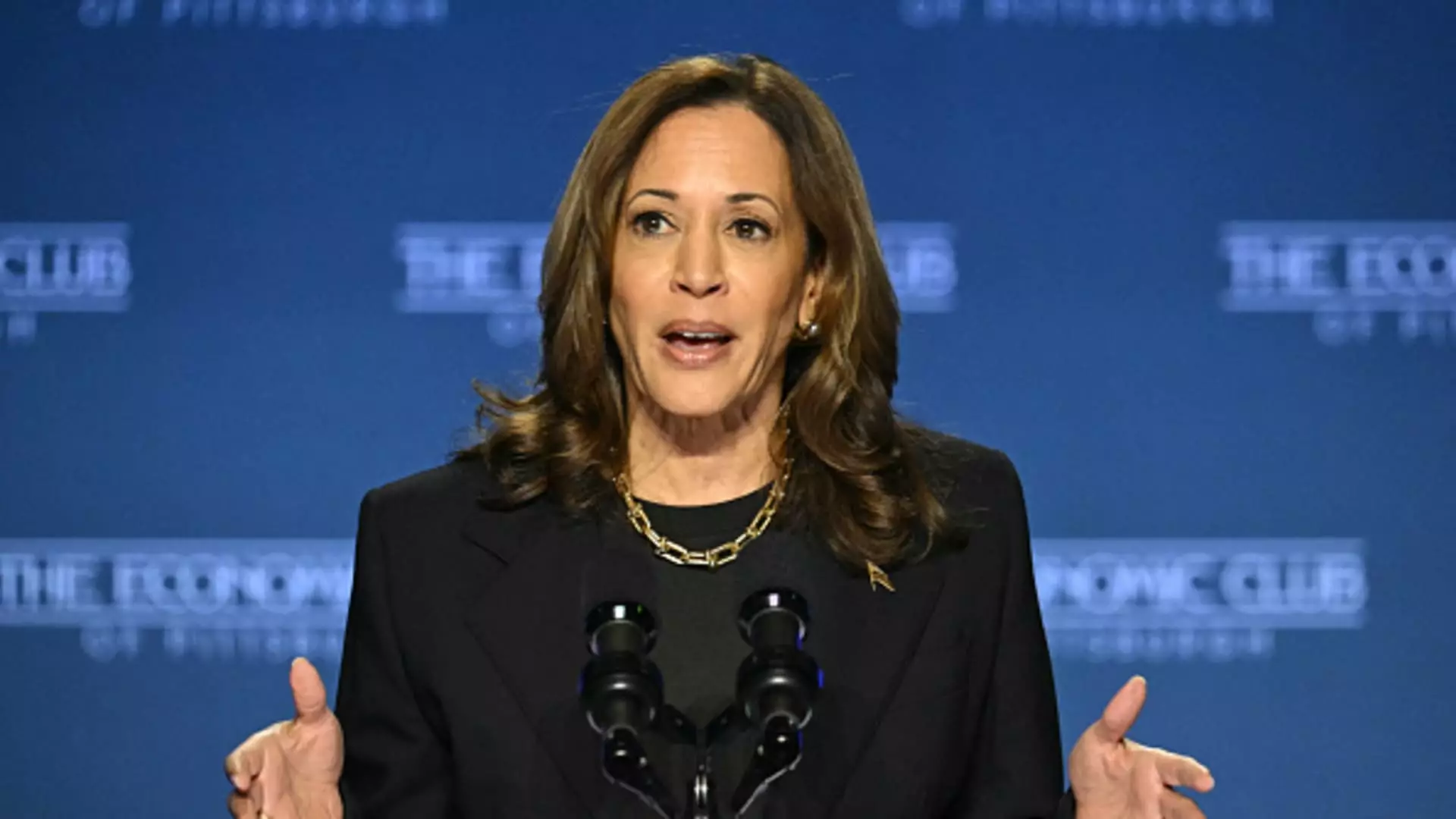A recent survey conducted by UBS has revealed intriguing insights into the political preferences and economic viewpoints of wealthy investors as they approach the upcoming presidential elections. Among millionaires possessing at least one million dollars in investable assets, a notable 57% indicate an intention to support Vice President Kamala Harris, while 43% are leaning towards former President Donald Trump. This demographic, which plays a crucial role in shaping market trends and economic policies, showcases a fascinating juxtaposition between political alignment and economic perception.
The survey sheds light on partisan loyalties, revealing that Harris enjoys overwhelming support from Democratic millionaires, capturing a substantial 91% of that demographic. Trump, on the other hand, secures 88% of Republican millionaires’ backing. Yet, it’s the independent voters within this group that illustrate a potential swing factor; Harris has attracted 60% compared to Trump’s 40%. In the realm of pressing issues, economic concerns dominate the minds of these investors, with a staggering 84% identifying it as their primary focus for the election. Other significant issues include Social Security, taxes, and immigration, each eliciting over 60% of concern.
Interestingly, the survey indicates that millionaire investors rate Trump slightly higher than Harris regarding economic and tax-related performance, with a narrow disparity: 51% favor Trump for economic competency versus 49% for Harris. In tax policy perspectives, Trump holds a 52% approval rating compared to Harris’s 48%. Trump’s commitment to prolonging the 2017 tax cuts resonates with his supporters, whereas Harris’s approach emphasizes tax relief predominantly for individuals making less than $400,000, alongside proposes increases for higher earners and corporations.
Despite their divided preferences, there is a prevailing sense of confidence among these wealthy investors regarding the economy’s trajectory. A substantial 55% of respondents express strong optimism about economic performance, marking an increase from 43% seen during the prior election cycle amidst the pandemic’s uncertainty. Additionally, 75% of investors exhibit high expectations for favorable portfolio returns within the next six months, underscoring a buoyant outlook independent of electoral outcomes.
The Implications for Investment Strategies
The survey further highlights the readiness of more than 75% of these affluent investors to modify their investment portfolios in response to the election results. Investment strategies diverge significantly based on electoral predictions: a potential Trump victory sees heavy interest in defense and energy stocks, while the prospect of a Harris administration ignites enthusiasm for healthcare, sustainable investments, and technology sectors.
As the election day approaches, it becomes increasingly clear that millionaire investors are not only influencing the political landscape but are also actively shaping their financial strategies based on an evolving economic climate and leadership forecasts. The multifaceted relationship between individual political preferences and broader economic optimism presents a compelling narrative to watch as the 2024 elections unfold.

